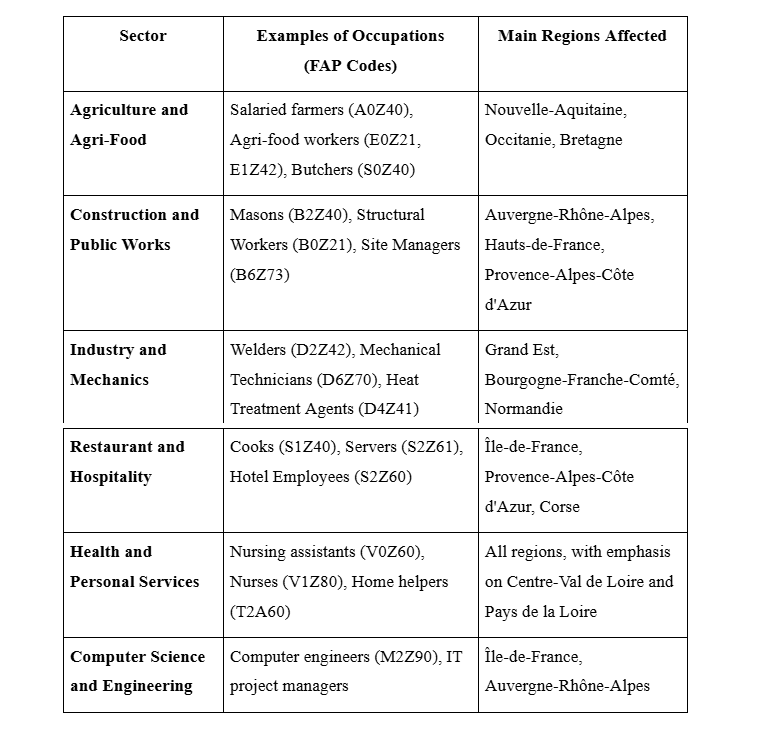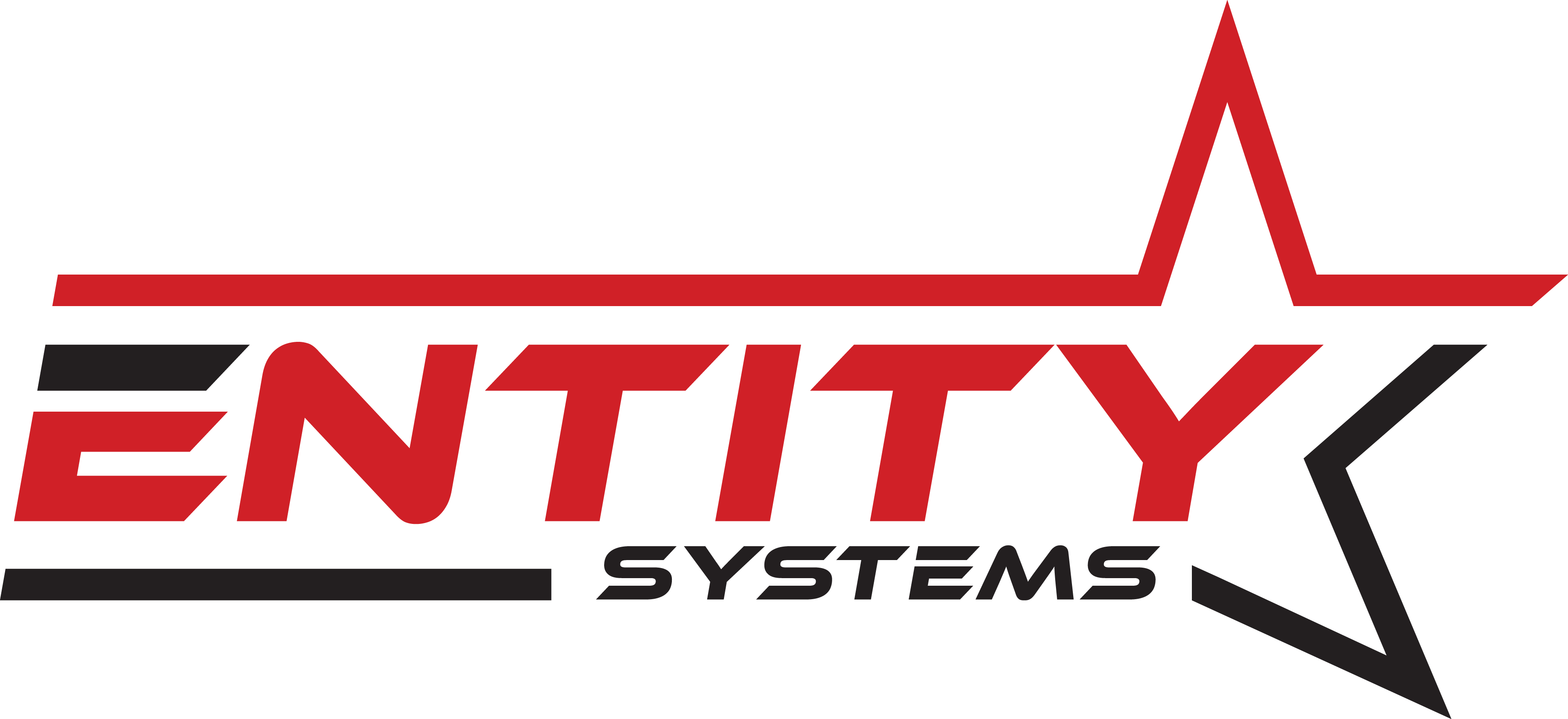
The Decree of 21 May 2025: A New List of Professions in Short Supply to Facilitate Skilled Immigration
A lever for economic immigration and attracting talent
To obtain this residence permit, several conditions set out in Article L. 435-4 of the Code on the Entry and Residence of Foreigners and the Right of Asylum (CESEDA) must be met:
- provide proof of 3 years of uninterrupted residence in France;
- produce 12 payslips from a profession in short supply, consecutive or otherwise, over the last 24 months;
- provide proof of employment equivalent to at least half-time monthly work;
- provide proof of good integration (community or volunteer work, family presence in France, proof of friendships and social ties, etc.);
- have no criminal record and adhere to the values of the Republic.
To illustrate the diversity of professions in short supply by sector, here is a non-exhaustive overview, taken from the appendix to the decree:

The decree of May 21, 2025, is not just an administrative document: it embodies a commitment to immigration as an economic asset. By making France more attractive to foreign talent, it could ease social tensions surrounding employment. Its impact remains to be seen: the next update, scheduled for 2026, will reveal whether this list has truly streamlined recruitment. In the meantime, employers and international candidates have a valuable tool to navigate the intricacies of labor law.







Recent Comments